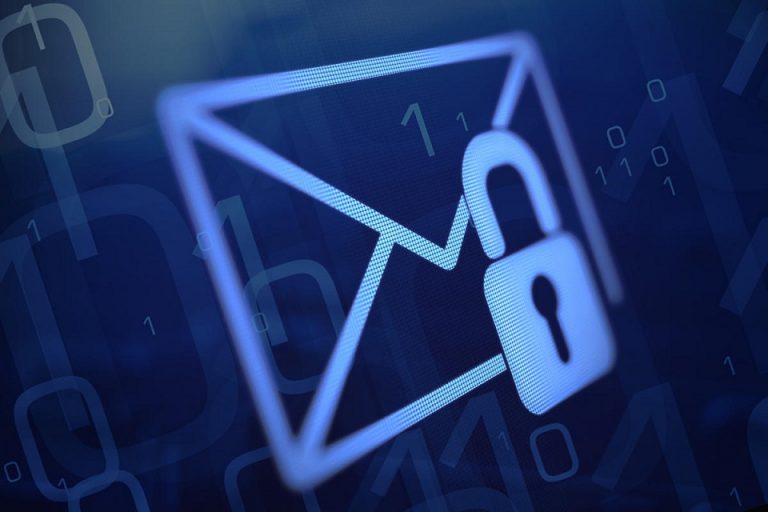When businesses try to ramp up their cybersecurity, they usually put a lot of effort into securing their network. That’s all fine and good, but emails remain the biggest security threat for many organisations. The worst part here is that it’s often because of human factors, so you can’t rely only on security tools to keep you safe. There will need to be an educational element to your email security strategy as well. Thankfully, it’s possible to prevent incidents by making a few minor adjustments and following best practices. Let’s take a look at a few email security tips all small businesses should follow.
Have A Strict Verification Protocol
One of the first and most important things you have to do is have a clear system in place for verifying emails coming from higher-ups.
A lot of times, hackers will steal the credentials of someone in a position of authority in a company. They will then send emails making them seem like they’re coming for that person and asking for important information. The person on the other end of the email might feel compelled to comply out of fear of repercussions, but this is exactly what hackers are banking on.
This is why you need to instruct your employees to verify that the emails they get are from the right person. You might not need to verify every single interaction, but it has to be an obligation on all emails that ask the other person to perform an action like following a link or divulging sensitive information.
This could be as simple as asking them to call the sender or contact them through Skype or Zoom. If they happen to work in the same facility, then they could also try to contact them face to face. Just make sure that there is a system in place and consequences for omitting to verify crucial emails.
Hire An Email Support Team
If you’re currently using a third-party service for your email, then it would be wise to move to a more secure option like your own private server or use a dedicated hosted solution by moving to cloud email.
If this is something that sounds intimidating to you, then you can always work with an email support team like Dial a Geek to migrate your current email to a dedicated cloud provider safely. From then on, they will be able to help you set up safety protocols and train your team to prevent breaches and unsafe behaviour. A good team will also be able to do forensic work to find out who was responsible for a breach. You need to have a team like that on your side if you want security standards to be up to par, and to ensure compliance as well.
Manage & Monitor Remote Workers
Remote work makes workplaces more flexible and comes with many benefits, but it has serious security implications as well. Especially when it comes to communications. This is why you need to have as much control over what your employees are doing as possible and make sure that they have all the security barriers needed to send and receive emails safely.
One of the things you should consider doing is giving devices to your employees instead of allowing them to use their own. This will reduce security gaps and allow you to make updates en masse. You also have to make sure that your employees are always communicating through a secure connection. They should only be using a WPA2 encrypted Wi-Fi connection with a non-guessable router pass. Up to date internet security and antivirus software are a must as well.
You should take steps to make sure that your emails are encrypted too. This will prevent hackers from being able to read intercepted messages. There are third-party email services that offer encryption, but you could also get a PGP (Pretty Good Privacy) certificate installed on your email server for added protection.
Practice Sound Password Hygiene
Hackers will usually use robust password-guessing software to try all sorts of different variations of a keyword. The simpler and more generic the password is, the easier it will be to guess. If you use the same password on multiple accounts, then you’ll really be in trouble once a hacker cracks it.
This is why you should force yourself and employees to use password generators and password managers to keep track of different emails. You should also enforce strict password change policies and make sure that no one uses the same password on different accounts.
Email security should be one of your priorities as a small business. So, follow these few tips and always try to improve cybersecurity at all levels in your company to avoid issues.


